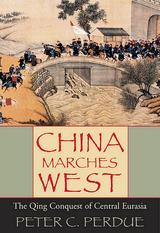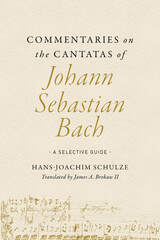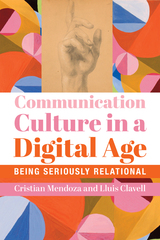
From about 1600 to 1800, the Qing empire of China expanded to unprecedented size. Through astute diplomacy, economic investment, and a series of ambitious military campaigns into the heart of Central Eurasia, the Manchu rulers defeated the Zunghar Mongols, and brought all of modern Xinjiang and Mongolia under their control, while gaining dominant influence in Tibet. The China we know is a product of these vast conquests.
Peter C. Perdue chronicles this little-known story of China’s expansion into the northwestern frontier. Unlike previous Chinese dynasties, the Qing achieved lasting domination over the eastern half of the Eurasian continent. Rulers used forcible repression when faced with resistance, but also aimed to win over subject peoples by peaceful means. They invested heavily in the economic and administrative development of the frontier, promoted trade networks, and adapted ceremonies to the distinct regional cultures.
Perdue thus illuminates how China came to rule Central Eurasia and how it justifies that control, what holds the Chinese nation together, and how its relations with the Islamic world and Mongolia developed. He offers valuable comparisons to other colonial empires and discusses the legacy left by China’s frontier expansion. The Beijing government today faces unrest on its frontiers from peoples who reject its autocratic rule. At the same time, China has launched an ambitious development program in its interior that in many ways echoes the old Qing policies.
China Marches West is a tour de force that will fundamentally alter the way we understand Central Eurasia.

The Soviet Union crumbles and Russia rises from the rubble, once again the great nation--a perfect scenario, but for one point: Russia was never a nation. And this, says the eminent historian Geoffrey Hosking, is at the heart of the Russians' dilemma today, as they grapple with the rudiments of nationhood. His book is about the Russia that never was, a three-hundred-year history of empire building at the expense of national identity.
Russia begins in the sixteenth century, with the inception of one of the most extensive and diverse empires in history. Hosking shows how this undertaking, the effort of conquering, defending, and administering such a huge mixture of territories and peoples, exhausted the productive powers of the common people and enfeebled their civic institutions. Neither church nor state was able to project an image of "Russian-ness" that could unite elites and masses in a consciousness of belonging to the same nation. Hosking depicts two Russias, that of the gentry and of the peasantry, and reveals how the gap between them, widened by the Tsarist state's repudiation of the Orthodox messianic myth, continued to grow throughout the eighteenth and nineteenth centuries. Here we see how this myth, on which the empire was originally based, returned centuries later in the form of the revolutionary movement, which eventually swept away the Tsarist Empire but replaced it with an even more universalist one. Hosking concludes his story in 1917, but shows how the conflict he describes continues to affect Russia right up to the present day.
READERS
Browse our collection.
PUBLISHERS
See BiblioVault's publisher services.
STUDENT SERVICES
Files for college accessibility offices.
UChicago Accessibility Resources
home | accessibility | search | about | contact us
BiblioVault ® 2001 - 2024
The University of Chicago Press









